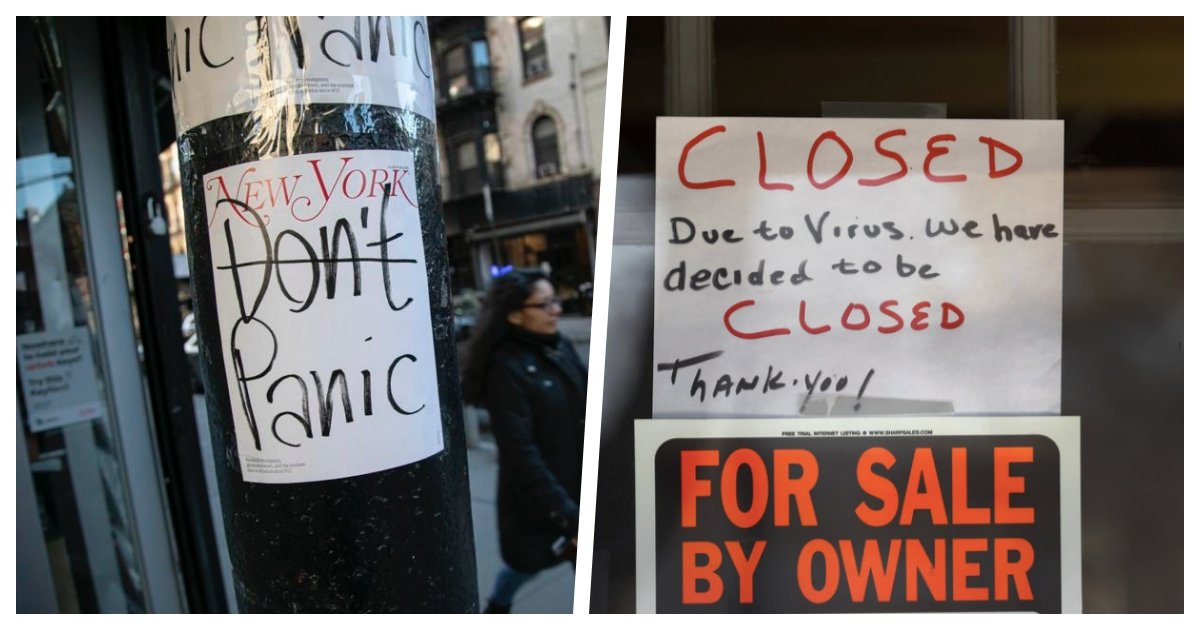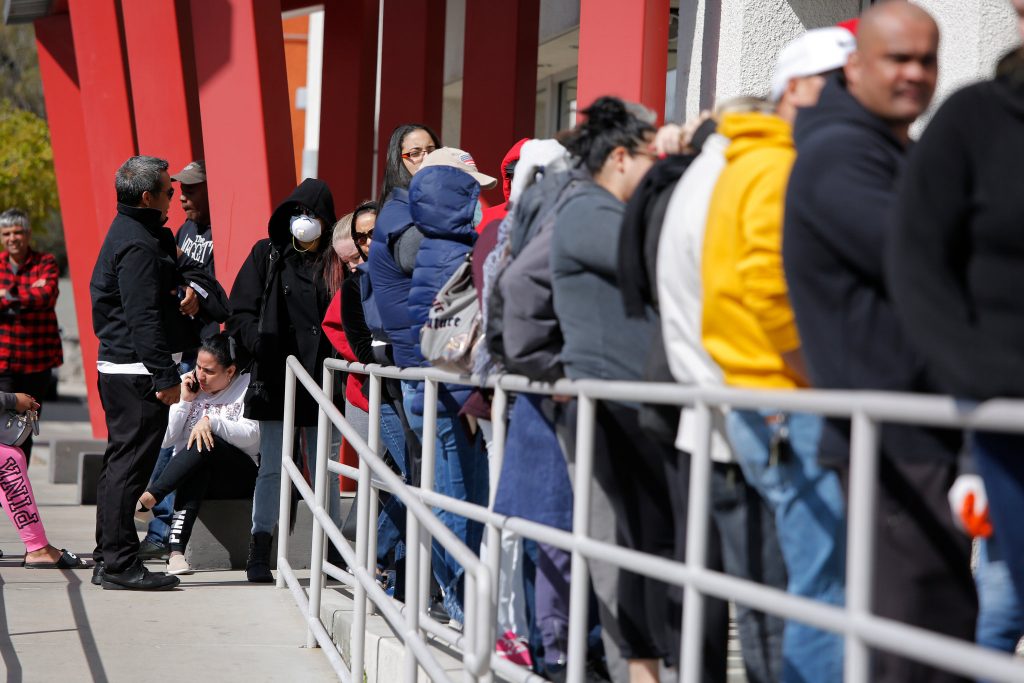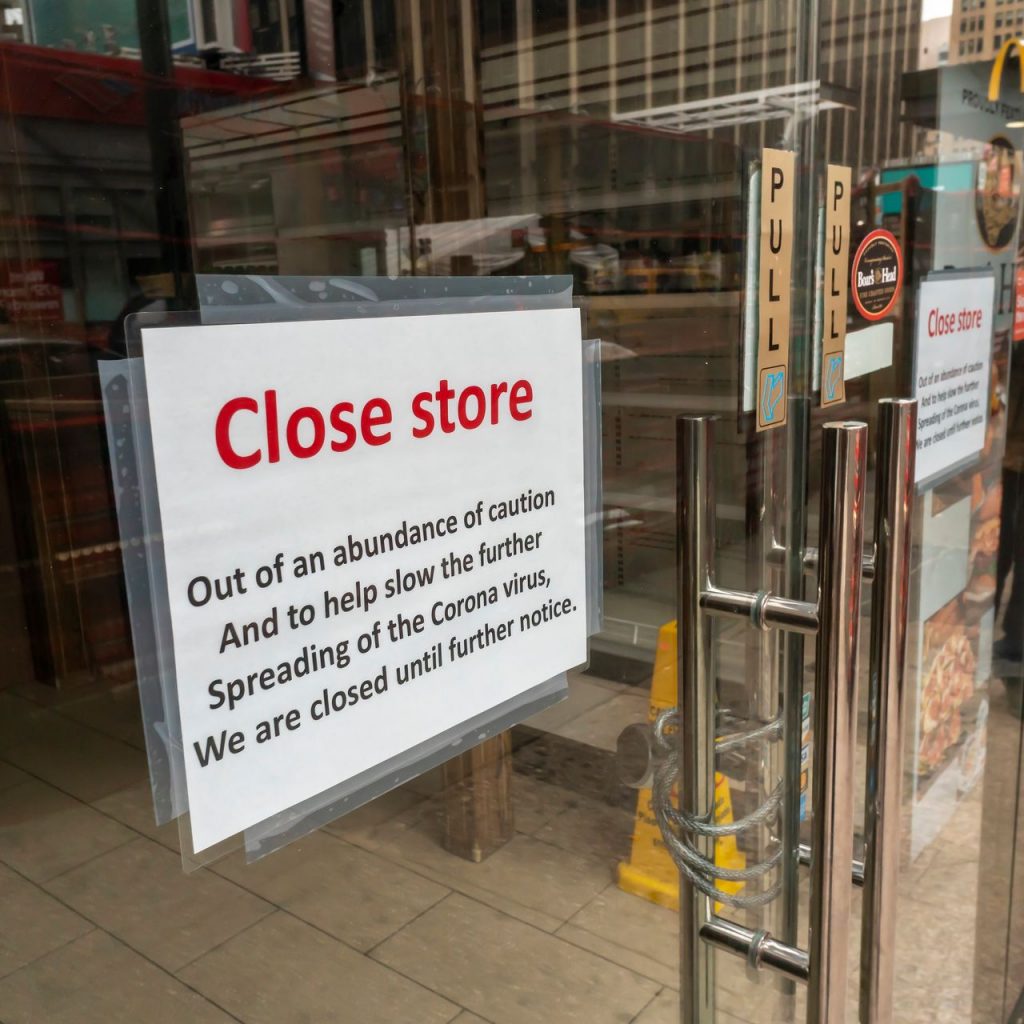As the global pandemic rages on, the economic damages are becoming more palpable everyday. Some experts believe that the unemployment rate could shoot pass 32%, with more than 47 million employees losing their jobs in the US alone.
The US economy has perks that makes it especially vulnerable to a recession of this nature. Much of the US macroeconomy is fueled by consumption, with service sectors providing the most jobs for Americans. From nannies to bartenders, social distancing measures and self-quarantine have put their financial securities at risk.
Although charities are stepping up to provide for those who suddenly lost their jobs, many are looking for ways to provide direct help to those who have provided service to them.
By nature, most of these gestures are nothing big – from increasing the amount and frequency of tipping or ordering takeouts from restaurants so they could keep afloat, people are doing what they can to support their local community.
However, labor market experts believe that individual generosity might not be enough for the small businesses. Moreover, it is not applicable to those who provide more individual services such as your hairdressers or Uber drivers.
One expert said that while she believes that these acts are heartwarming, they are short-term solutions to a pandemic and economic aftershock that looks destined to be long-term.
Ann Skeet, who teaches applied ethics at Santa Clara University, suggests that you focus on the people whom you have depended on the most. Those who have maintained the closest and most regular contacts with you would be the ideal choice according to Skeet.
Skeet says that individual contractors such as nannies or maids have shown to be most vulnerable in economic recessions. Although they are technically eligible for the relief funds that the Federal government is preparing, it may be too late for the most vulnerable around us.
Her suggestions are that you keep paying them even when they can’t show up to work. Skeet’s recommendation is that one think of it as a paid leave for your service provider.
For those who have to cut down on their own budgets, social media users are brainstorming creative ways to help their communities. #donateyourcommute asks that people donate whatever it cost them to commute but are now saving as employees work at home.
What are your thoughts on this article? Share with us your thoughts in the comments and be sure to follow us on Facebook for more articles like this one.
Replaced!







